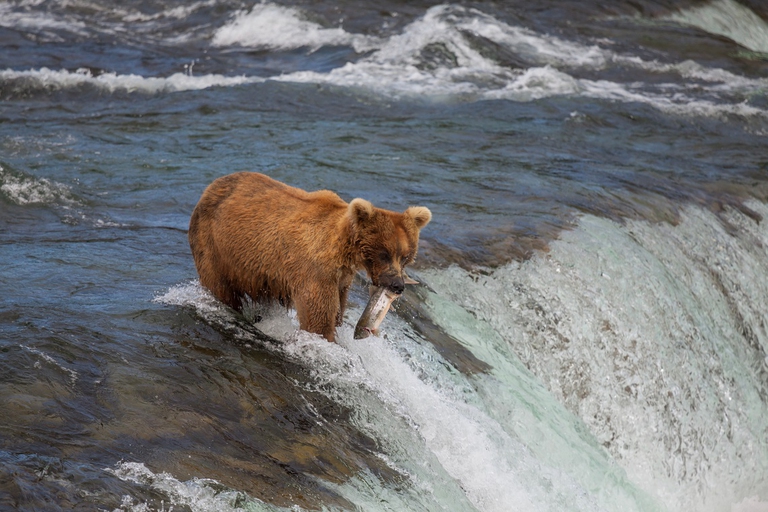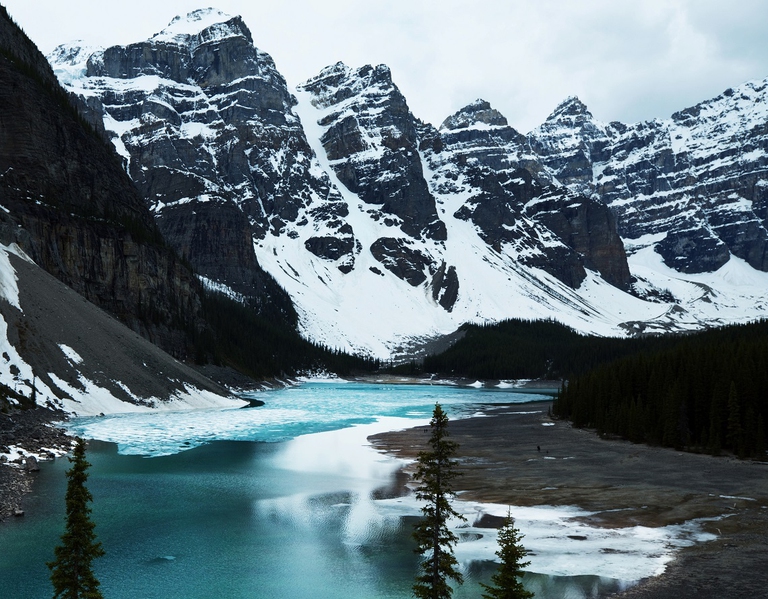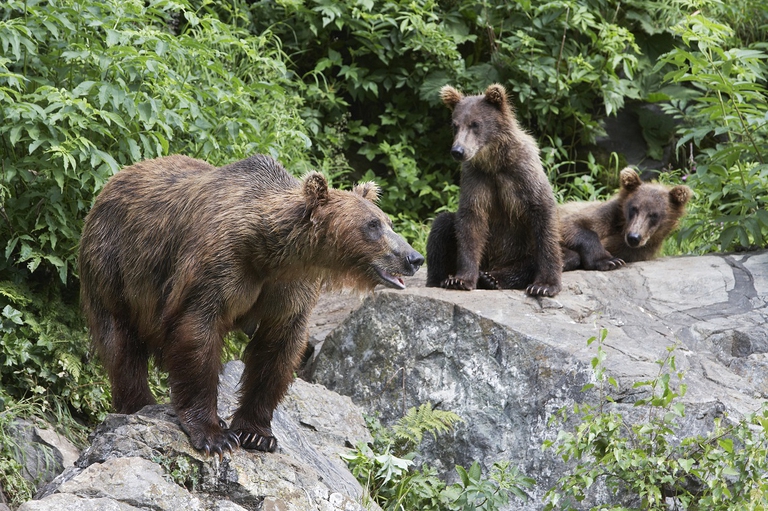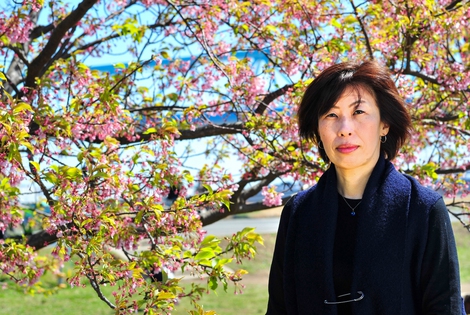
Three people putting the protection of the planet before themselves. Three powerful stories from Latin America, the deadliest region for environmental activists.
The Canadian province of British Columbia has banned grizzly bear hunting in all its forms. According to the Environment Minister, bears are worth more alive.
An adult grizzly bear (Ursus arctos horribilis), a northern American subspecies of the brown bear, has no enemies in the wild – with exception for humans. The grizzly bears living in British Columbia, Canada, can now heave a sigh of relief and only think about gorging on salmons to accumulate fat ahead of winter. The Canadian province has in fact banned, with immediate effect, the hunt of these large plantigrade mammals, which were once widely spread in north-western America while today only a few thousands survive.
In August 2017 British Columbia’s provincial government banned grizzly bear trophy hunting, but killing bears for their meat was still allowed. Such ban has thus been extended and now it is no longer possible to shoot at grizzly bears, with the exception of First Nations, the Canadian native peoples who hunt for food, social and ceremonial reasons. “It is no longer socially acceptable to the vast majority of British Columbians to hunt grizzly bears,” said BC Forest minister Doug Donaldson. Donaldson also cited a recent survey showing that 78 per cent of the 4,200 interviewees urged an end to bear hunting.
British Columbia is home to an estimated 15,000 grizzly bears, a sustainable number according to Donaldson, and hunters used to kill 150 individuals every year. The decision to put an end to grizzly bear hunting, which has taken effect right after the close of the fall hunting season, was welcomed with enthusiasm by conservationists and environmental activists. “It’s a welcome surprise,” said Rachel Forbes, head of the Grizzly Bear Foundation. “It’s been well over a decade of bad news for bears in B.C., so we’re not usually prepared for good news. The easy decision is done, now the hard work on addressing all the other cumulative threats to grizzly bears, such as habitat loss and food supply, has to begin.”
The ban, however, has triggered cricisisms among liberals who condemned the decision of the New Democratic Party (NDP), which took office in July after Liberals governed for 16 years in a row. Some opponents claim that the NDP’s move was designed to appease environmentalists after they protested against a hydroelectric plant in the north-east of the province.
The ban on grizzly bear hunting has naturally irritated hunters and people involved in the hunt industry, which expect negative economic effects for the province. Environment Minister George Heyman replied by citing research according to which the positive economic impact of ecotourism linked to grizzly bear is way higher than hunting, both for revenues and new jobs.
Siamo anche su WhatsApp. Segui il canale ufficiale LifeGate per restare aggiornata, aggiornato sulle ultime notizie e sulle nostre attività.
![]()
Quest'opera è distribuita con Licenza Creative Commons Attribuzione - Non commerciale - Non opere derivate 4.0 Internazionale.
Three people putting the protection of the planet before themselves. Three powerful stories from Latin America, the deadliest region for environmental activists.
Influential scientist, activist and author Vandana Shiva fights to protect biological and cultural diversity, and against GMOs.
Kimiko Hirata has blocked 13 new coal plants in Japan, but she hasn’t done it alone. The 2021 Goldman Prize winner tells us about her movement.
The Goldman Environmental Prize, the “green Nobel Prize”, is awarded annually to extraordinary activists fighting for the well-being of the planet.
We talk to Shaama Sandooyea, activist and marine biologist from Mauritius onboard Greenpeace’s Arctic Sunrise ship in the heart of the Indian Ocean.
Arrested for supporting farmers. The alarming detention of Disha Ravi, a 22-year-old Indian activist at the fore of the Fridays for Future movement.
Water defender Eugene Simonov’s mission is to protect rivers and their biodiversity along the borders of Russia, China and Mongolia.
Chibeze Ezekiel, winner of the 2020 Goldman Environmental Prize for Africa, is fighting to guide new generations towards a renewable future.
Leydy Pech, winner of the 2020 Goldman Environmental Prize for North America, is the beekeeper who defended Mexican Maya land against the agro-industry.










